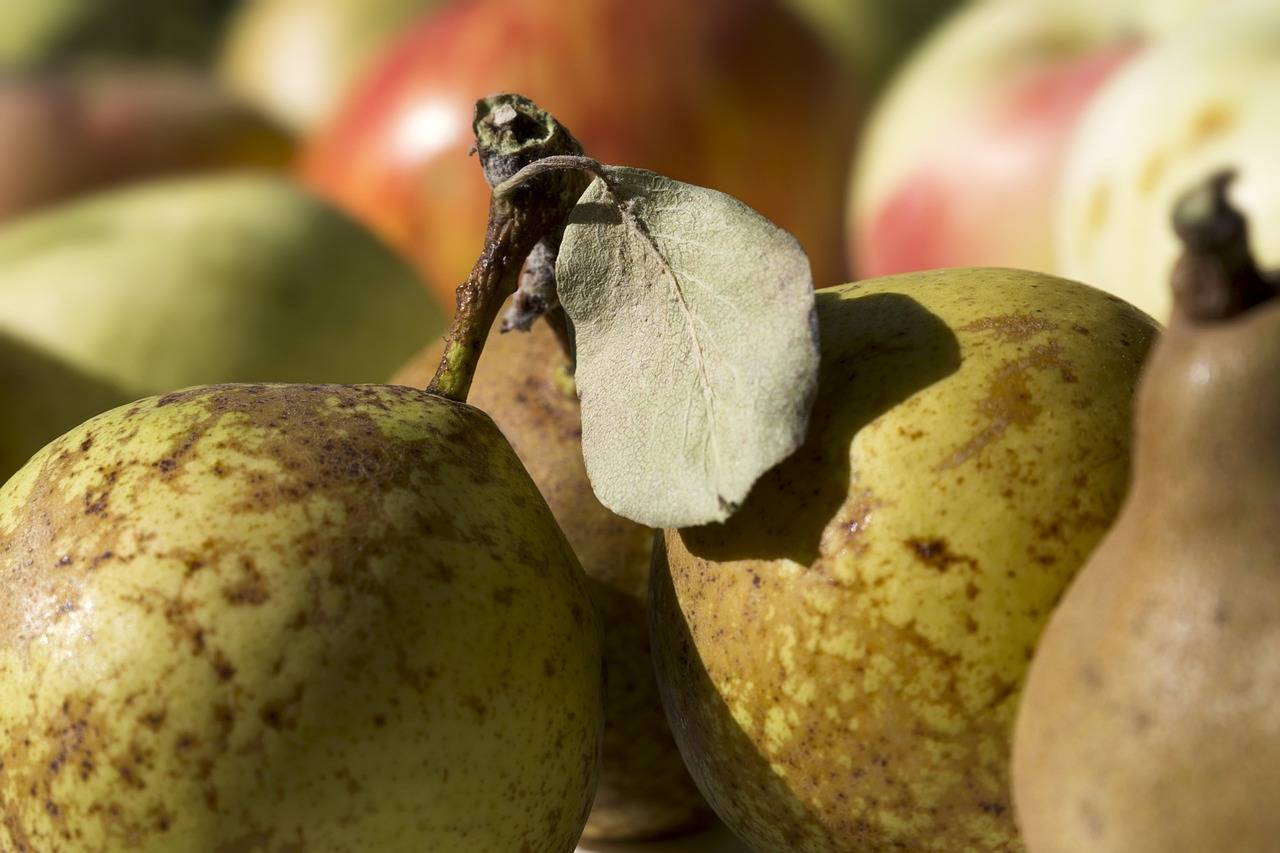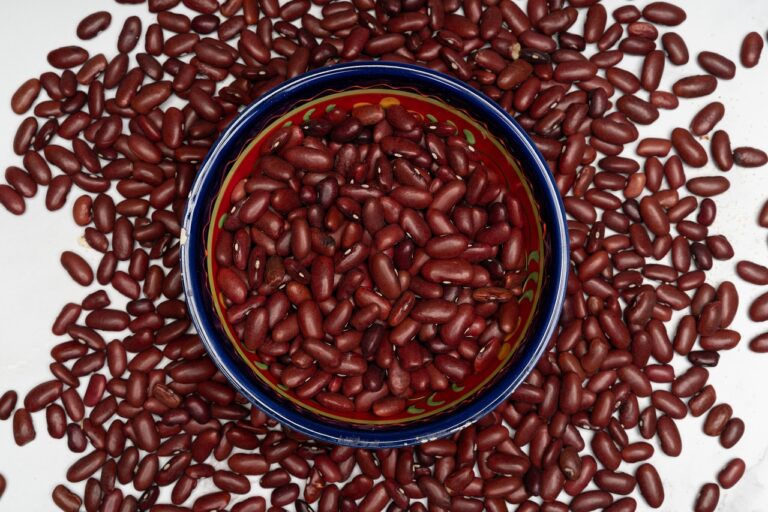Exploring the Role of Microbiome in Cardiovascular Diseases: Allpannel, Cricket id online, Gold365 betting
allpannel, cricket id online, gold365 betting: Cardiovascular diseases (CVDs) are a leading cause of death worldwide, with risk factors including high blood pressure, smoking, and obesity. However, recent research has suggested that the microbiome may also play a significant role in the development and progression of CVDs.
What is the microbiome?
The microbiome refers to the trillions of bacteria, fungi, viruses, and other microorganisms that live in and on our bodies. These microbes play a crucial role in maintaining our overall health, influencing everything from digestion to immune function.
The gut microbiome and CVDs
The gut microbiome, in particular, has been linked to CVDs. Studies have shown that individuals with a more diverse gut microbiome tend to have a lower risk of developing CVDs. On the other hand, an imbalance in the gut microbiome, known as dysbiosis, has been associated with an increased risk of CVDs.
How does the microbiome impact CVDs?
The exact mechanisms by which the microbiome influences CVDs are still being investigated. However, researchers believe that microbes in the gut can produce metabolites that can either promote or protect against CVDs. For example, certain bacteria in the gut can produce trimethylamine-N-oxide (TMAO), a compound that has been linked to an increased risk of cardiovascular events.
Furthermore, the microbiome can also influence inflammation and immune response, both of which play a crucial role in the development of CVDs. Imbalances in the gut microbiome can lead to increased inflammation, which can contribute to the progression of conditions such as atherosclerosis.
The role of diet and lifestyle
Diet and lifestyle factors can significantly impact the composition of the gut microbiome. A diet high in processed foods and low in fiber can promote the growth of harmful bacteria in the gut, increasing the risk of CVDs. On the other hand, a diet rich in fruits, vegetables, and whole grains can support a diverse and healthy gut microbiome, potentially reducing the risk of CVDs.
Similarly, lifestyle factors such as stress, lack of exercise, and smoking can also impact the gut microbiome and increase the risk of CVDs.
FAQs
1. Can changing my diet improve my gut microbiome and reduce my risk of CVDs?
Yes, adopting a diet rich in fruits, vegetables, and whole grains can support a healthy gut microbiome and reduce the risk of CVDs.
2. Are probiotics a good way to improve my gut microbiome?
While probiotics can be beneficial for some individuals, the best way to support a healthy gut microbiome is through a diverse and fiber-rich diet.
3. How can I reduce inflammation in my body to lower my risk of CVDs?
In addition to adopting a healthy diet, getting regular exercise, managing stress, and avoiding smoking can help reduce inflammation and lower the risk of CVDs.
In conclusion, the role of the microbiome in CVDs is an emerging area of research with exciting implications for prevention and treatment. By understanding how the microbiome impacts CVDs and taking steps to support a healthy gut microbiome, we may be able to reduce the burden of CVDs worldwide.







